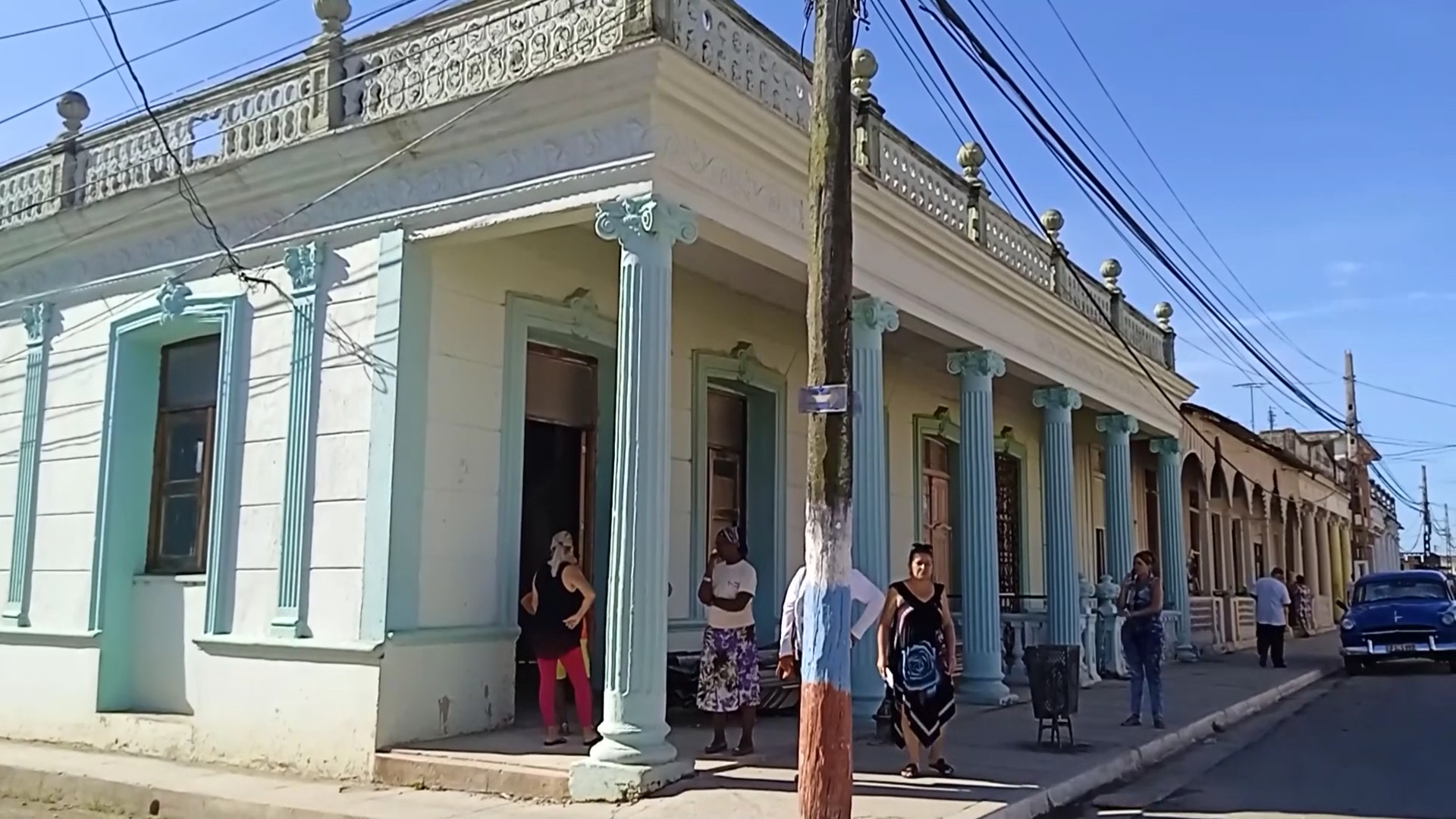Limonar celebrates its founding. The terroir born at the foot of the legendary Guamacaro, 215 years ago, celebrates a new anniversary of stories and traditions.
Distant in time, on October 28, 1808, Limonar was born marked by dreams and realizations that validated his historical development.
I say Limonar and a bunch of longings inhabit me here from his greatest stories. It’s the little things that nest in the memory. Kneeling down to drink the water from its springs, returning home with a string of surprised biajacas and guabinas, joining the guateque where the latest controversy heats up and returning the warm kiss of a woman in love.
But Limonar is prodigal in events. From Canimar to Yaití, from Moreto to Triumvirato, from Sumidero to Jesús María, there is not a hectare of its fertile soil that has not been watered with the blood and sweat of its best sons.
The voices of Carlota and Fermina can still be heard to the sound of the brave drums, tired of exploitation and scourging; the virile cry of Juan Gualberto and López Coloma to the call for the necessary war and the fiery speech of Antonio Berdayes defending the rights of the henequeneros. The generous blood of Nelson Fernández Oliva, offered in the Goicuría, and that of Horacio Rodríguez, erected like a sun fighting tyranny in historic Manzanillo, hurts.
But the blood spilled became light one morning in January and the creative work, the will to overcome and the defense of its best conquests became firm in the commitment to build a better world.
Then sugarcane and henequen rewarded the industrious effort, and their ranchers gave a mambisa breed to Fidel’s dream. Their teachers and doctors multiplied so that education and health reached everyone. And his children enjoyed more fully the dance that Faílde gave to the Cuban nation. He sang in the shade of the ceiba tree glorified by Chartrand and was excited by the last feint of his elder magician. Then he marvels at the batch of rhapsodes that reveal the verse of the Lark of Moret, and inspire the new song that rises in the Casa Naborí.
The same as Emiliano Ayllón, revived with each hit of the father of the home runs, and the flight of his people to the heights with the jump that brought him closer to the stars.
Limonar is celebrating and with him I wake up, because of that love that one day pinned me to its streets like a son of his, forever. (ALH)
Translated by Casterman Medina de Leon
